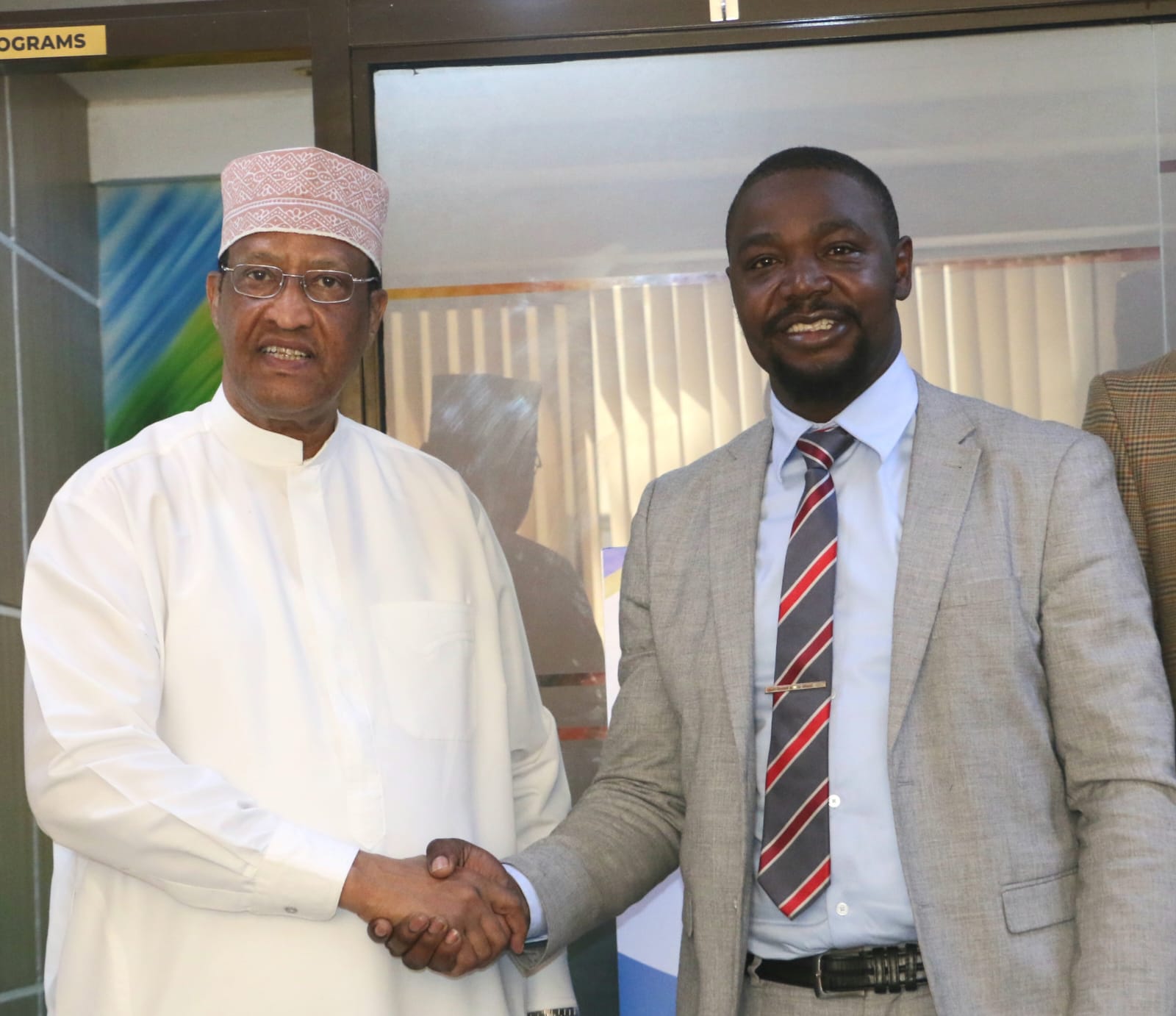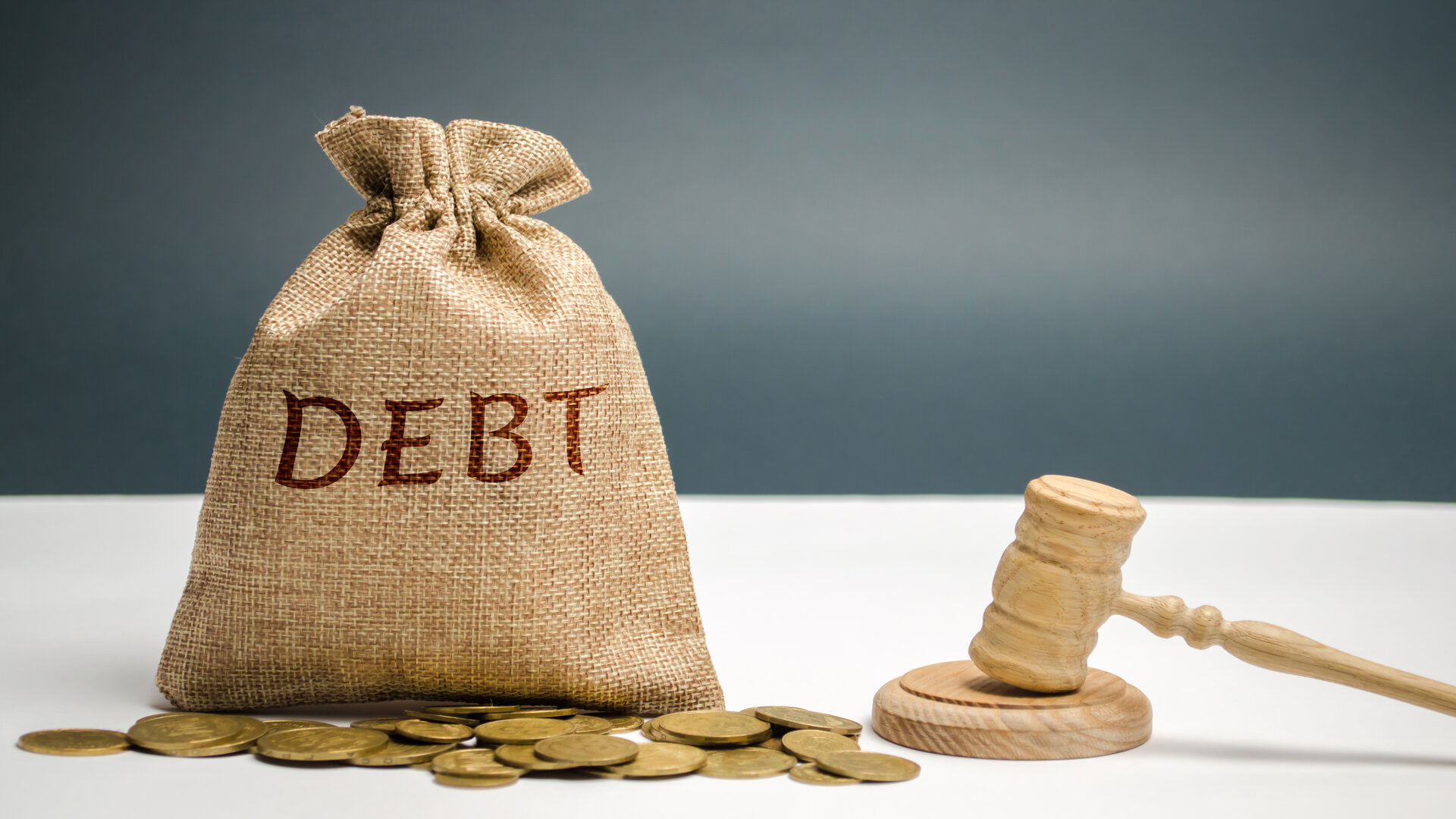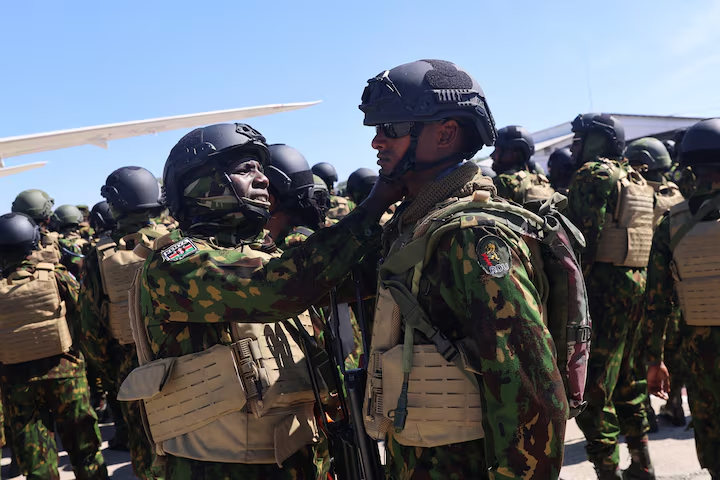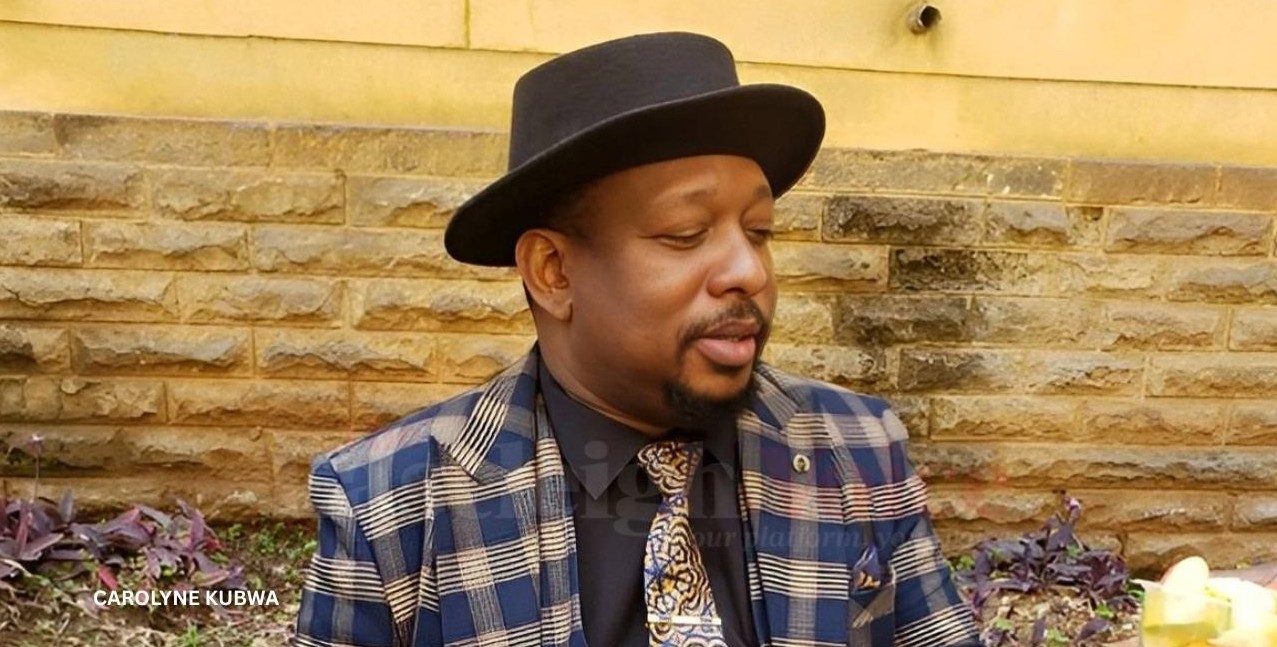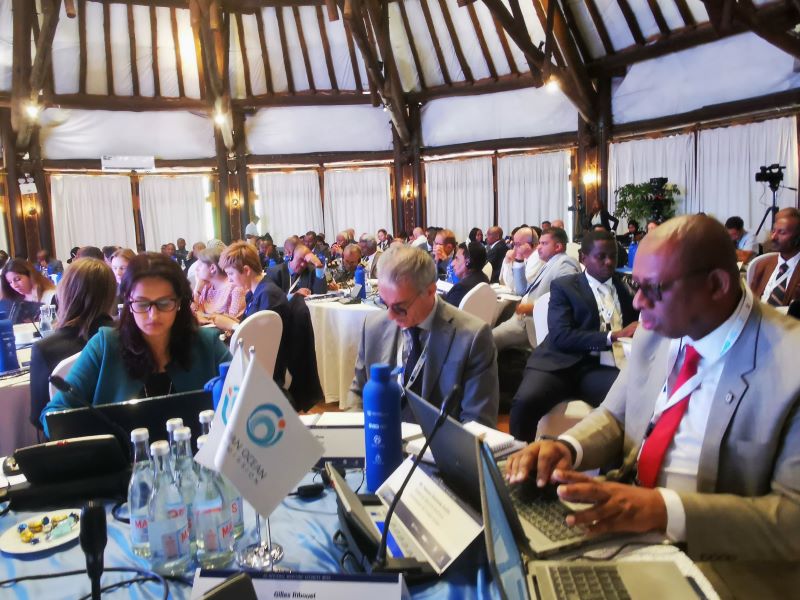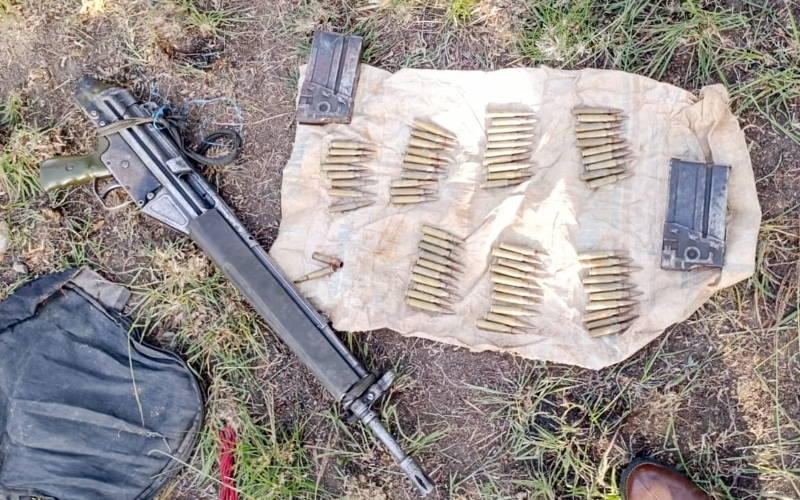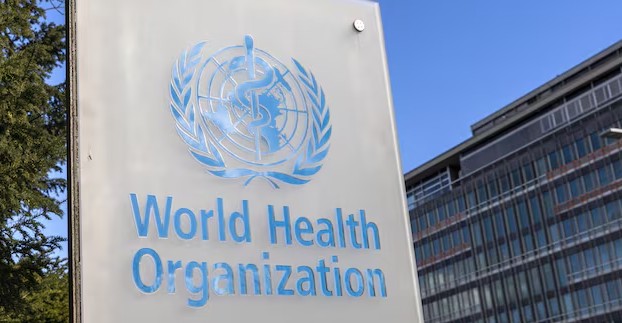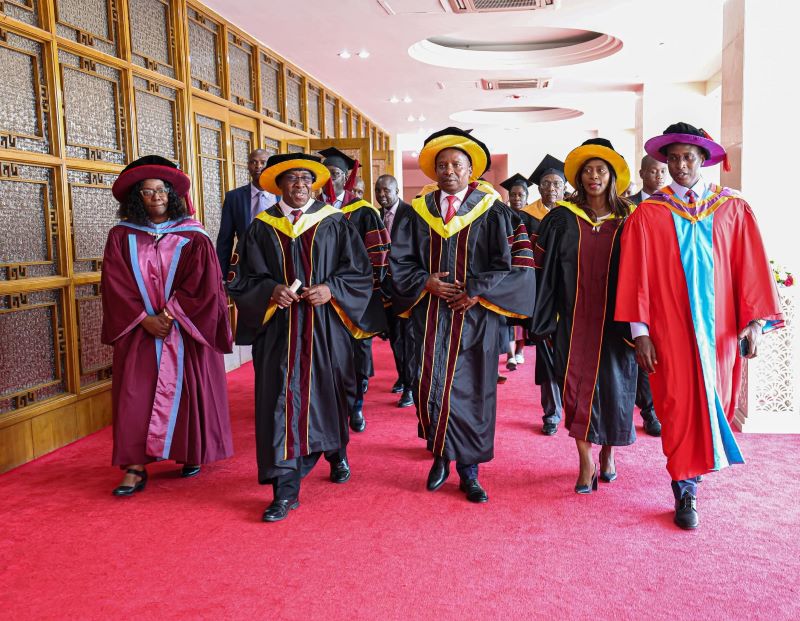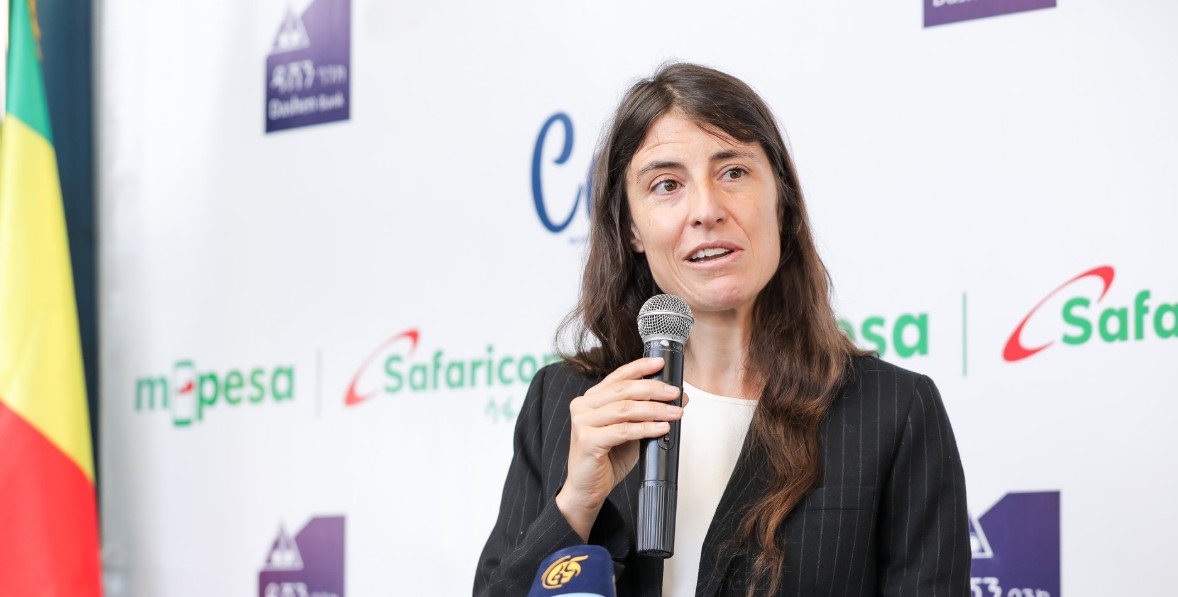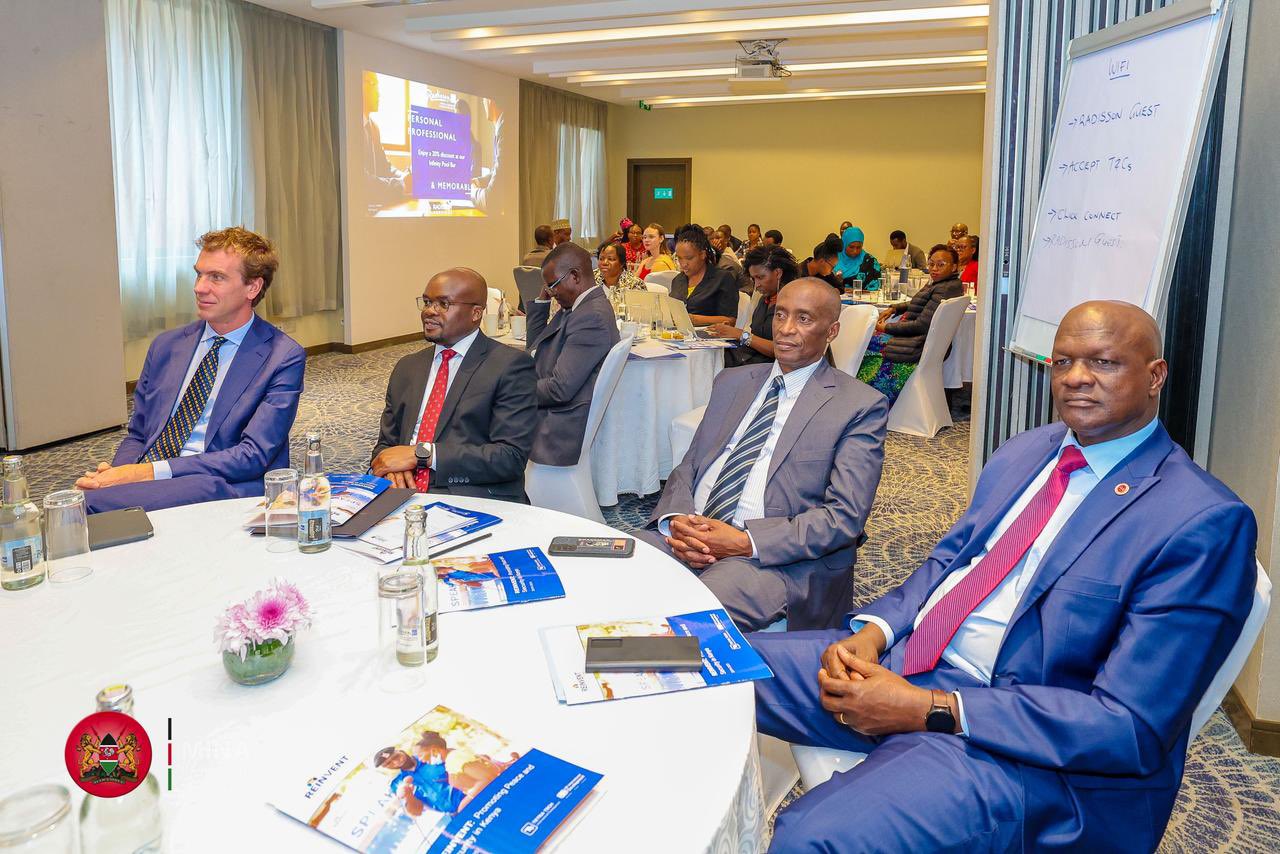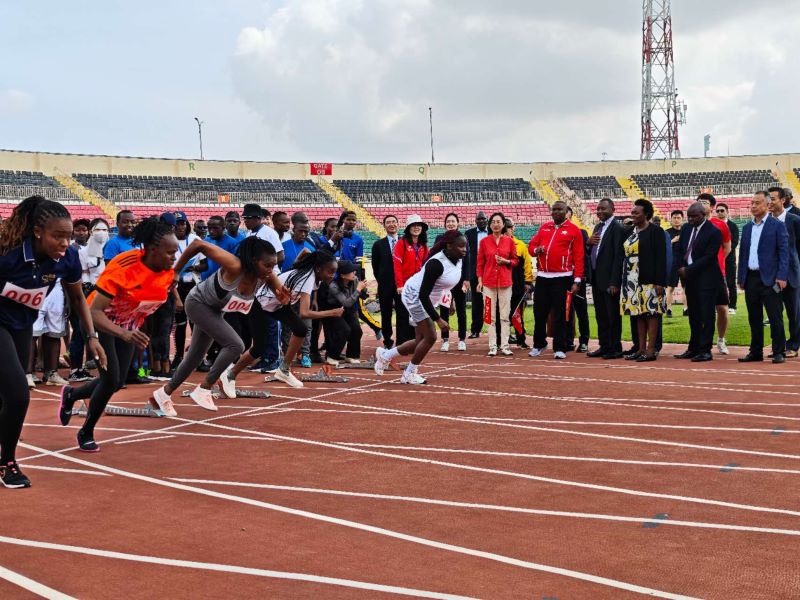Kigame seeks court nod for private prosecutions over 2024–2025 protest abuses
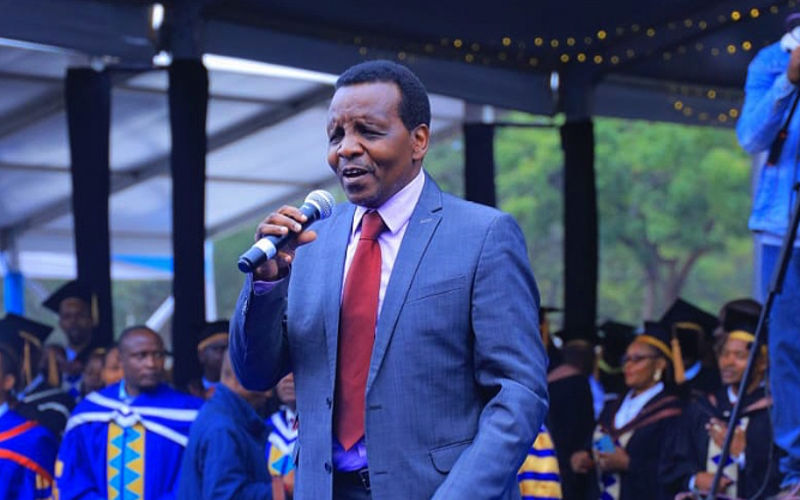
Kigame is seeking leave of the court under Section 8(2) of the International Crimes Act and Article 157(6) of the Constitution, which allows citizens to pursue private prosecutions when state agencies fail to act.
Gospel musician and human rights advocate Reuben Kigame has filed an application before the High Court seeking permission to institute private prosecutions against senior government officials over alleged atrocities committed during the 2024–2025 anti-government demonstrations.
In the application, Kigame, through his lawyer Gitobu Imanyara, accuses the Director of Public Prosecutions (DPP), the Director of Criminal Investigations (DCI), and the Director-General of the National Intelligence Service (NIS) of failing to act on reports detailing widespread human rights violations during the protests.
More To Read
- Kanja admits police could have done better in handling Gen Z protests, advocates for training
- Gen Z protests in Kenya: Key facts (2024-2025)
- Amnesty report shows at least 128 killed, 3,000 arrested in 2024–2025 Gen Z protests
- UN human rights experts visit Kenya privately amid concerns over crackdowns, civic freedoms
- Court rules Dutch national Elwin Ter Horst unfit to stand trial
- Court recommends murder charges against three officers over 2022 Masimba killings
He argues that despite evidence presented by the Kenya National Commission on Human Rights (KNCHR) and extensive media documentation of 39 deaths, 361 injuries, and 32 abductions, the authorities neglected their constitutional and legal duty to investigate or prevent the abuses.
In his supplementary affidavit, Kigame contends that the Presidential Taskforce on Victims' Compensation, chaired by Prof. Makau Mutua, cannot substitute criminal accountability.
He says the initiative, though commendable, only acknowledges harm but fails to hold perpetrators to account.
"Compensation is not justice," Kigame argues in his filing. "The existence of a government compensation panel does not absolve public officials who may have sanctioned or ignored crimes against civilians."
The petition further alleges that the National Intelligence Service had a direct hand in orchestrating abductions, conducting illegal surveillance, and facilitating security operations that targeted civilians — actions that could amount to aiding and abetting crimes against humanity under international law.
Kigame is seeking leave of the court under Section 8(2) of the International Crimes Act and Article 157(6) of the Constitution, which allows citizens to pursue private prosecutions when state agencies fail to act.
He maintains that his case is not politically motivated but intended to ensure accountability for victims of the violent protests, which left dozens dead and hundreds injured.
The High Court will now determine whether there is sufficient basis to grant Kigame the authority to privately prosecute the three top officials, in what could become a landmark case testing the limits of public accountability in Kenya's justice system.
Top Stories Today
